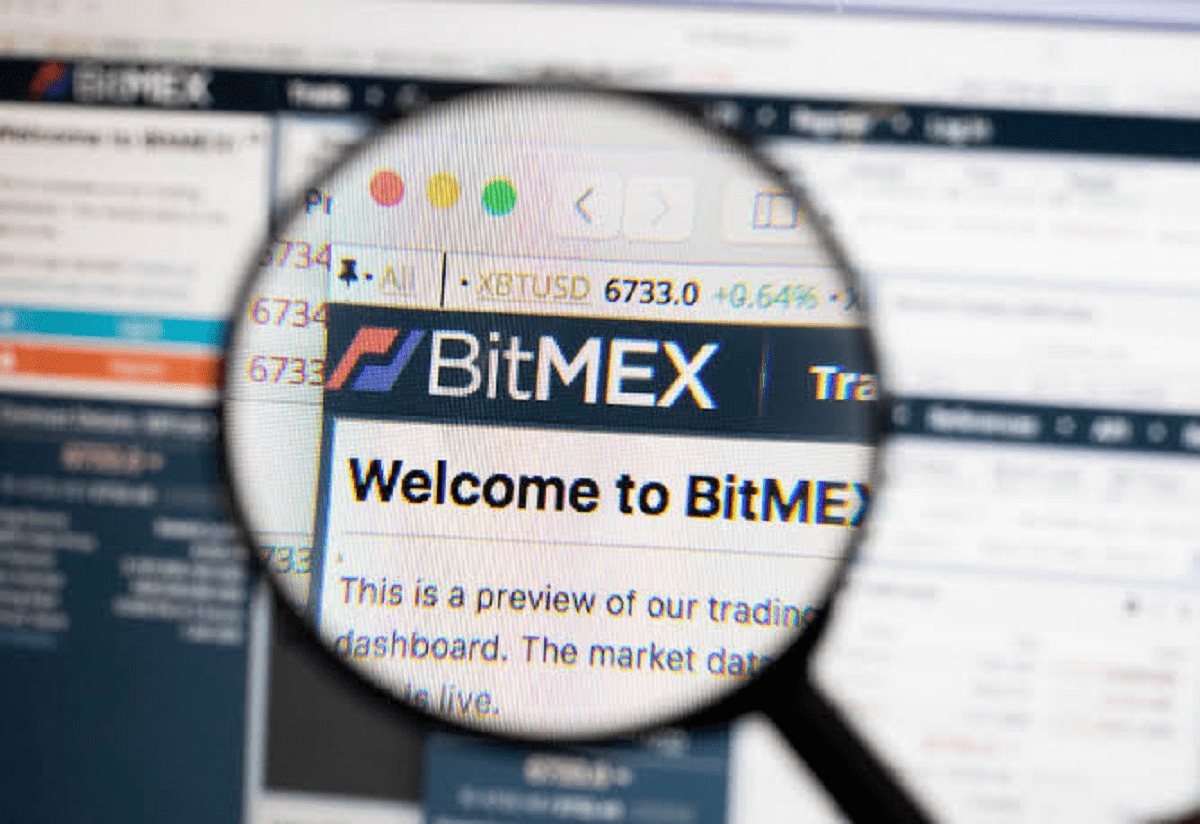BitMEX Exchange Increases “Spam Order” Threshold To Prevent Malicious Spam Trading

- BitMEX exchange announces a 300 percent increase to its spam order value.
- The latest increase will reduce the number of spams on the exchange, improving the exchange’s trading experience.
In an announcement released on its official Telegram page, Bitcoin futures exchange, BitMEX, announced an increase in the spam order threshold value. The minimum value of trade will be increased from 0.0025 BTC (~$23) to 0.01 BTC (~$94) starting at 04:00 UTC on 05 June 2020.
BitMEX will rename the orders that will be below the threshold as spam in a bid to “improve the trading experience on the exchange.” The official statement reads,
“After this change accounts with too many open orders with a value less than 0.01 XBT each will be labeled as a Spam Account (prior to the change, the value is 0.0025 XBT). This change is part of an ongoing effort to improve the quality of the tradable liquidity on the platform.”
So, what does having a spam order on BitMEX exchange mean?
Every order with a balance of less than 0.01 BTC as of June 5th will automatically become a ‘hidden order’. According to the BitMEX site, hidden orders do not show on the order book and will be required to pay the taker’s fees.
“Better Trading Services”
The spam order threshold aims to improve the overall trading experience on the exchange by reducing malicious traders’ efforts on the site. The exchange warns that having too many spam orders may result in having the account temporarily banned from the exchange.
BitMEX recently faced a couple of system crashes as the platform received an influx of orders on the exchange. The mega shut down on Mar. 12, followed by the more recent May 19 shut down are expected to be an uncommon occurrence heading into the future.
Recent Posts
- Crypto News
Michael Saylor’s “Green Dots” Message Hints At Fresh Bitcoin Buying As BTC Faces $90K Wall
Strategy executive chairman, Michael Saylor, caused fresh reactions with his latest post, which suggests a…
- Crypto News
Fed’s Hammack Signals No Rush to Cut Rates as January Hold Odds Near 80%
Cleveland Fed President Beth Hammack has said that there is no urgency to cut interest…
- Crypto News
XRP ETFs Reach $1.21B as Asset Managers See a ‘Third Path’ Beyond Bitcoin
U.S. listed spot XRP ETF products surpassed $1.21 billion in total net assets by Dec.…
- Crypto News
Nearly $50M in USDT Stolen After Address Poisoning Scam Targets Crypto Trader Wallet
A cryptocurrency trader has lost nearly $50 million in USDT after falling victim to an…
- Crypto News
Breaking: Rep. Max Miller Unveils Crypto Tax Bill, Includes De Minimis Rules for Stablecoins
Rep. Max Miller is circulating a 14-page draft of a proposed crypto tax bill in…
- Crypto News
XRP Holders Eye ‘Institutional Grade Yield’ as Ripple Engineer Details Upcoming XRPL Lending Protocol
Ripple engineer Edward Hennis has provided key details about the upcoming XRP Ledger (XRPL) lending…